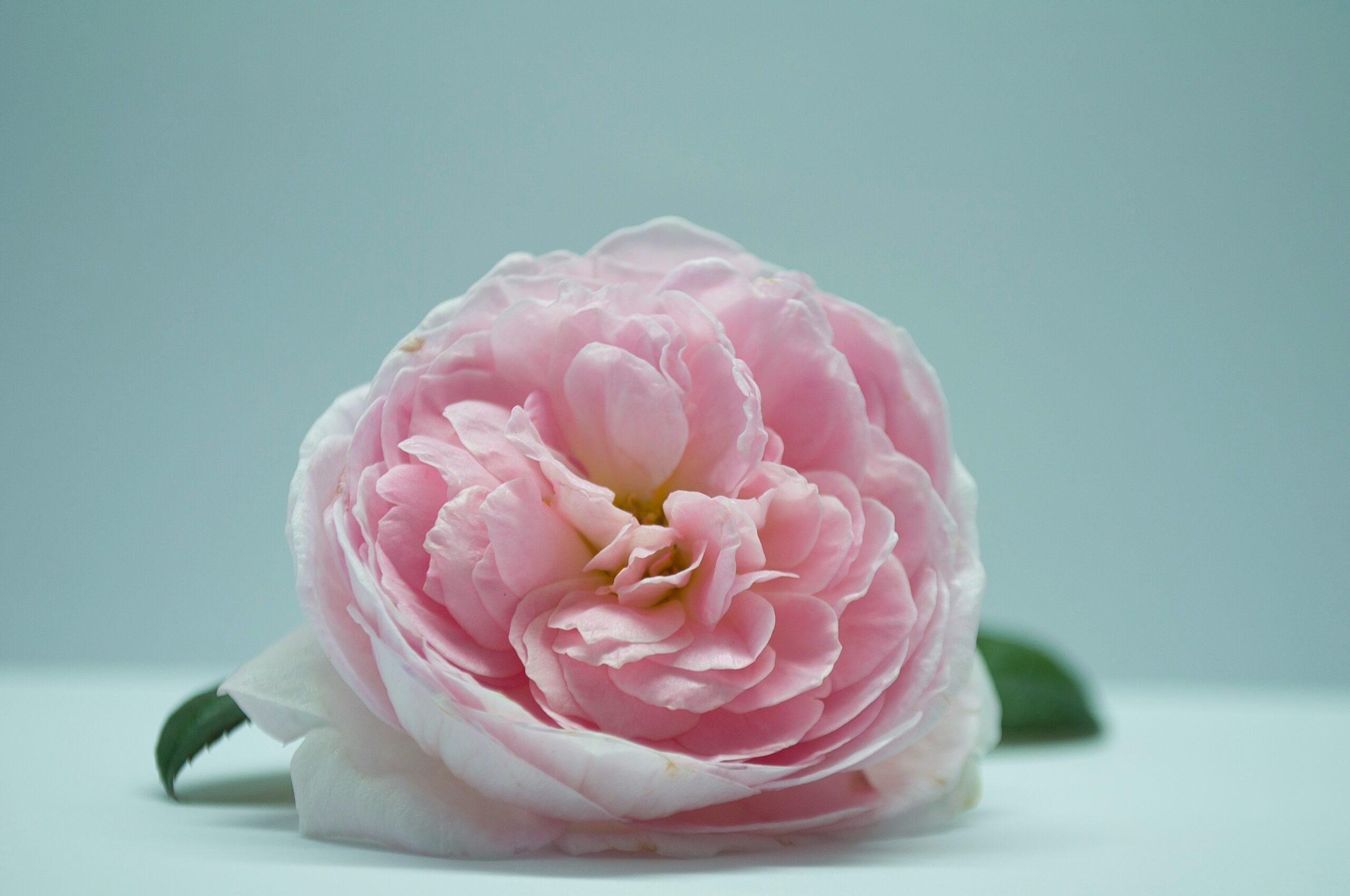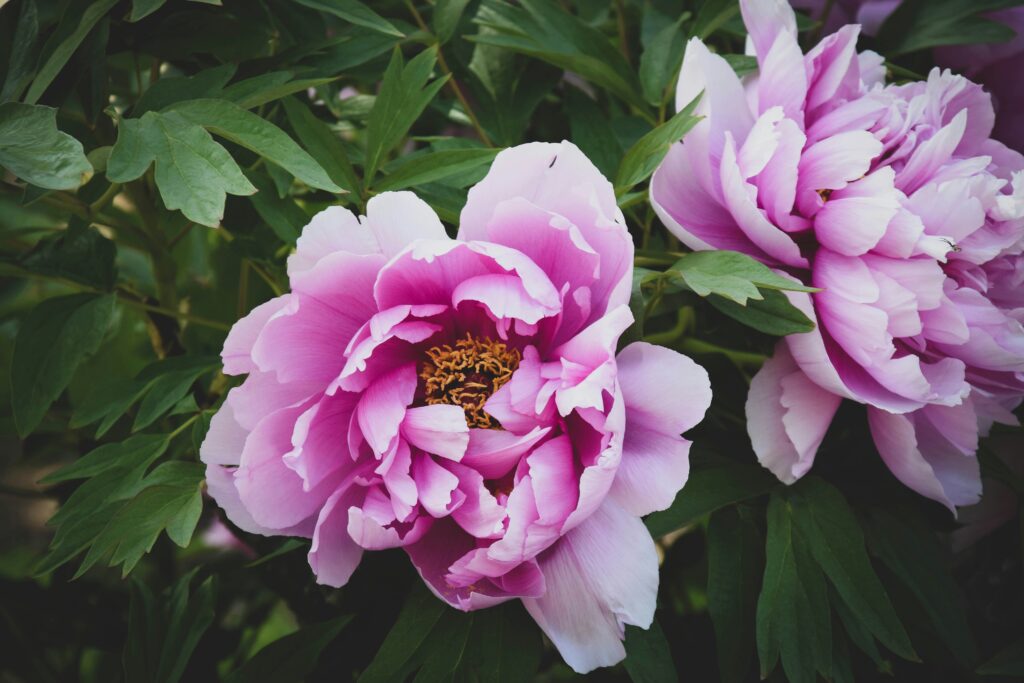From ancient apothecaries to modern wellness boutiques, the peony has captivated people for centuries with more than just its lush, layered beauty. It’s not just a staple in gardens or wedding bouquets—the peony holds a powerful legacy rooted in natural healing. For thousands of years, this elegant bloom has been at the center of both myth and medicine, particularly in Chinese and Greek traditions. Today, as the world reawakens to holistic approaches and botanical remedies, the peony is enjoying a renaissance—not just as a symbol of romance or prosperity, but as a wellness ally in our fast-paced, modern lives.
Incorporating peonies into your life today is easier than ever, whether for their calming aesthetic or their historic therapeutic properties. Many people are turning to Peony flower delivery services to bring this elegant bloom straight into their homes, not only for decoration but to embrace the serenity and balance it symbolizes. This modern convenience reflects a growing awareness that the power of flowers extends far beyond fragrance and flair—they can profoundly impact how we feel, think, and heal.
Ancient Origins: The Sacred Healer Peony
The history of the medicinal use of the peony is as dense as its velvet petals. Grown in Asia and then introduced to Europe, peonies were among the first plants cultivated due to their therapeutic properties. The root of white peony (Paeonia lactiflora) has been used in Traditional Chinese Medicine (TCM) for more than 2,000 years. It is also known as Bai Shao and is valued for its ability to balance the liver, enrich the blood, and alleviate pain, particularly in the women’s health sector, where it has been used to relieve menstrual cramps and regulate hormones.
Early herbalists believed that peonies possessed the ability to balance emotions and alleviate stress in the body. This did not just apply to the East. The flower was also greatly valued by the Greeks, and it was named after Paeon, the god of medicine, who, according to their belief, used peonies to heal the wounds people suffered in wars. As a legend, Paeon was transformed into a flower by the gods and immortalized his healing powers within it.
Peonies and Emotional Well-Being
The emotional and energetic effect is one of the reasons why the peony has bridged the gap of time, both in traditional and modern times. The peony is also symbolic of peace, love, and female power in Chinese philosophy. It is believed that it brings harmony and eliminates bad energy in the house. Although these effects cannot be measured in clinical trials, the power of ambiance and intention is becoming increasingly recognized in the field of wellness practices.
The delicate vitality of flowers like the peony is still valued in the modern wellness movement, in the forms of aromatherapy and flower essence therapy. The non-essential oil flower essences are dilute infusions that are said to contain the vibrational imprint of a flower. Holistic practitioners often use peony flower essence to assist one who is having problems with self-worth, has lost their path, or feels emotionally exhausted. Its vibrant profile is reported to enhance inner power, poise, and self-acceptance.
In Modern Herbal Medicine, Peony is used.
Although synthetic drugs dominate the world of mainstream medicine, there has been a vivid revival of interest in natural treatment and wellness aids. Several studies on peony extract, particularly the root, continue to be investigated and utilized in complementary medicine.

Some of the traditional uses of the peony root are supported by modern research, especially in the treatment of inflammation and autoimmune reactions. One of the most critical components in peony, paeoniflorin, has been the subject of multiple pharmacological studies. It has shown anti-inflammatory, antispasmodic, and neuroprotective effects, which might be applicable in the treatment of rheumatoid arthritis, liver disease, and even depression.
Introducing Peonies into Your Contemporary Ceremonies
There are no special powers required to work as an herbalist or spiritual healer to incorporate the wellness energy of peonies into your life. All you have to do is fill your environment with these flowers, in the form of fresh bouquets or natural skin care products, and you will add an element of sweetness and purposefulness to your day.
The scent of peonies has made its way into body lotions, teas made with the root of the peony, and even into bath soaks containing peony extract, which people who have adopted a plant-based approach to beauty and wellness love. Peony products typically contain other botanicals, such as chamomile, rose, or ginseng, to create synergies that relax the mind and nourish the skin.
The Peony as a Symbol of Holistic Wellness
Biohacking, burnout recovery, and digital detoxes are just some of the modern phenomena that exist in today’s world, so there could be no better antidote to our overstimulated lives than returning to nature and simplicity. Peonies show us that not everything healing has to be complicated or high-tech. It is sometimes discovered in a moment of quiet, holding a flower in your hand or the touch of petals on your fingertips.
Their history of sacred herbal medicine, as a health guru, is a reminder of the timeless nature of nature, leading us back to ourselves. As we reconnect with the rhythm of the natural world through small, symbolic gestures, we create healing that is as emotional, spiritual, and physical as it is.
Conclusion
The evolution of the peony from a traditional medicine to a modern health companion is part of a broader shift in our understanding of health and healing. Peonies are no longer confined to the pages of classic herbals or the vases of wedding planners, but have entered a new stage. This stage recognizes their rich heritage, while also acknowledging the demands of modern life.
